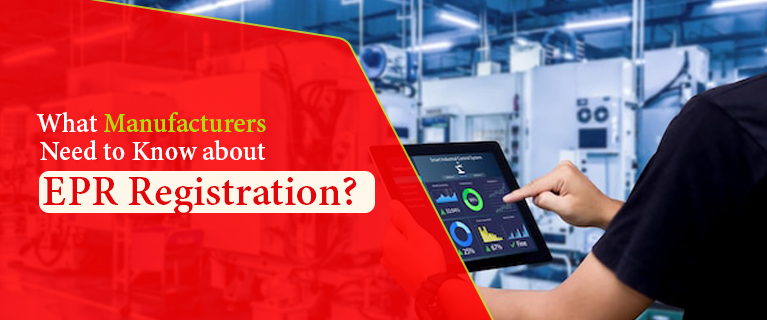Is EPR Certification Exempted For MSME?
As its name suggests, EPR or Extended Producer Responsibility Certification states that it is the responsibility of the producers, importers and brand owners to ensure that their plastic packaging is either recycled or re-used and has an end to end Disposal. In India, EPR Certification is mandatory for PIBOs irrespective of their turnover or scale of operations. A PIBO stands for producer, importer or a brand owner, carrying out their operations in India, who engage in production or usage of plastic packaging.
EPR Certification for MSMEs
EPR Certification was introduced by the Central Pollution Control Board, Ministry of Environment, Forest and Climate Change, under the e-waste rules, 2016. But this notification is not applicable to micro, small and medium enterprises. A micro enterprise is where the investment in Plant and Machinery does not exceed 1 crore and its turnover is not more than 5 crores. A small enterprise is where the investment in plant and machinery is not more than 10 crores with a turnover less than 50 crores. A medium enterprise is the one where the investment in Plant and Machinery does not exceed 50 crores with a turnover of less than 250 crores.
Read Also This - How to get a BIS registration certificate for electronics & IT productsAppeal for Exemption
- Due to the complexity of the Extended Producer Responsibility (EPR) regulatory system, micro and small producers in the plastic packaging sector have officially asked the federal government for an exemption to EPR Certification.
- In a letter to the prime minister, the micro and small plastic packaging manufacturers pleaded him to exempt them from the EPR certification in order to preserve the more than 20 lakh employment that they provide.
- To request exclusion from the EPR Certification, the All India Plastic Manufacturers Association (AIPMA), Organisation of Plastics Processors of India (OPPI), and numerous other regional groups from Maharashtra, Gujarat, Telangana, Kerala, and Karnataka have come together.
- Due to their limited personnel and financial resources, micro and small manufacturers find it difficult to comply with the EPR Certification due to its complexity.
- According to the 2016 Plastic Waste Management Rules, which are in effect, it is the producers, importers, and brand owners' responsibility to ensure that their plastic packaging waste is processed through recycling, reusing, or end-of-life disposal.
- In its fourth amendment to the Plastic Waste Management Rules, dated February 16, 2022, the Ministry of Environment, Forest and Climate Change published "Guidelines on Extended Producer Responsibility for Plastic Packaging". Producers, Importers, and Brand Owners (PIBOs) have an obligation to register via the central online registration portal built by the Central Pollution Control Agency in order to streamline the EPR implementation process.
- PIBOs operating in one or two States/UTs must register with the appropriate State Pollution Control Boards (SPCBs), while PIBOs operating in more than two States can register with the CPCB.
- According to Rule 4 of the EPR Guidelines, a total of 4 entities are covered by Extended Producers Responsibility: Plastic Packaging Producers (P), Plastic Packaging Importers (I), Brand Owners (BO), which includes online marketplaces, supermarkets, and other retail chains, and Plastic Waste Processors (PWP).
- However, the aforementioned rule does not apply to brand owners who fall under the Ministry of MSME's definition of micro and small businesses.




Comments
Post a Comment